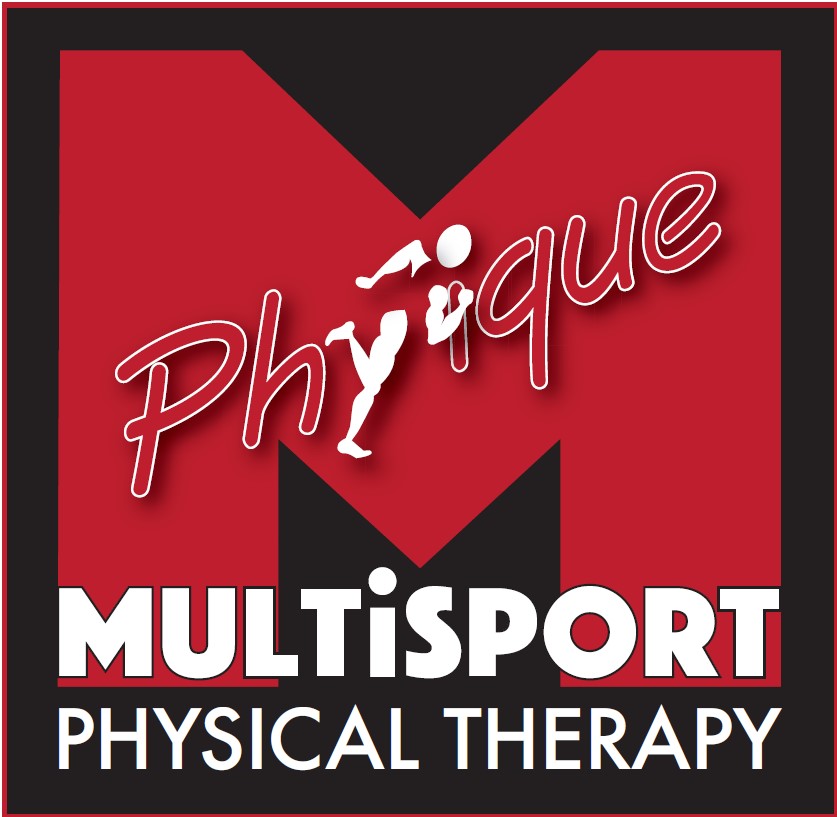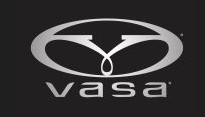Mickie Shapiro

I recently caught up to Mickie Shapiro for a conversation about Ironman and triathlon in general. Given Mickie’s success and speed at all distances, it was really tough to catch her. The title to Mickie’s story could be “An Accidental Athlete.” You be the judge. Here is some of that conversation.
CZ: How did you get started doing triathlons and tell me some stories about your first races?
MS: I started running in 1978 with the sole purpose to run with my 7-year old daughter who was a member of the elite Blue Angels running team. I was concerned about her safety when she would have to run when we went out of town for a vacation. Little did anyone in the family or in my life know where those first steps would lead me.
I found I really enjoyed the physical, emotional and mental freedom running gave me and soon began entering 10Ks. There were not a lot of women in their forties running in those days and I experienced a lot of success plus a desire to change my life style. The 10K races led to marathons: New York – PR of 3:30 led to Boston, London, Chicago, Amsterdam, Berlin, Israel and many California marathons. The running also led to sciatica problems and I was advised to swim to relieve the pain from the injury. Well, you triathletes know the next step in this story. I remember being in the swimming pool thinking this is so boring being confined by the 4 walls of the pool and wondering what else I could do.
Then I heard about triathlons and thought that anybody could ride a bike. I did The Seal Beach Triathlon in 1983 having never been swimming in the ocean and definitely not knowing how to race on a bicycle. I had no idea how to get past the waves, hyperventilated in the water, could only swim the breast stroke. No one wore a wet suit in the olden days. I had a challenge maneuvering the brand new bike I was riding because it had brakes on the handle bars and not on the pedals. But, I loved it and had a wonderful time thinking it was such a high to finish three individual sports instead of just one in one morning.
Again, little did I know where that first triathlon would lead me. I caught the Ironman bug and did my first Ironman Hawaii in 1989 in 14:45. But the training to get there had been filled with challenges. I had broken my collarbone four times in one year due to bike accidents. I had hypothermia in Dana Point USTS race in 1985 and a week later had been helicoptered to Scripps Trauma Center during the Del Mar Days Triathlon when a car hit the barricades separating the cyclists from the car traffic. So after accomplishing my goal of racing Hawaii, I experienced post-traumatic stress syndrome. I had no desire to get on a bicycle and I just ran marathons. I didn't do another triathlon until 1996 when I decided I wanted to do Hawaii again to celebrate my 60th birthday.
CZ: What Ironman races have you done?
MS: In the last six years, I have done Australia Ironman two times, New Zealand once, Canada three times and 2003 will be my sixth year in a row to qualify for Hawaii.
My life has changed dramatically because of the lessons I have learned from being a triathlete. Yes, of course, it is very important to train, but the unexpected does often happen to each of us during a race which mentally and emotionally challenges us as much as physically. Because of the length of time it takes me to complete an Ironman (I am out there a very long time), I have the opportunity to learn lots of lessons. I have learned to adjust and cope with the disappointments that come from not finishing or not finishing as well as I had expected and wanted.
In the 1997 Ironman Australia my front wheel was stuck. It would hardly spin for the entire 112 miles. The rule at the time was that no one could touch your bike and help you during the race. I missed the bike cutoff time by one minute. When I returned to Australia in 200I I was able to finish the race, have since learned a lot about my bicycle and was honored to receive the Spirit Award. Also, I learned they had changed the “no help” rule (that only IM Australia had) because of what had happened to me.
In Ironman Canada in 2002, I hopped onto my bike after the swim to find that I had pain and blurred vision in my right eye. I had no idea what I had done to cause that and tried to get some relief at several aid stations. I had had cataract surgery a few years prior and was very afraid the goggles had done some permanent damage to my eye. When I came into the medical tent after completing the bike to get some opthamolic ointment for my eye, the medical doctor did not want me to continue. I was confident if I could ride without seeing (I have very limited vision in my left eye) I could certainly run. After 30 minutes in the medical tent, I convinced the doctor that I was okay; and they bandaged my sore eye. I learned at the hospital after I finished the race that evening that I had a corneal abrasion. I still do not know what caused it, but because I was at the back of the pack I was running with Louie, the Leukemia patient who was incredibly inspiring and motivating for all of us.
I did not make the bike cutoff in Ironman Hawaii in 2000 and 2001 - both years of high winds. I felt strong and healthy, just not fast enough. I was discouraged and decided I should not attempt Hawaii again. The winds were too strong for me to handle. I decided to focus on going to the Olympic distance Nationals and to qualifiy for Worlds-- a distance I knew I could finish. But, then there was the nagging doubt in my mind that maybe this would be the year when the winds would not be so horrific. I was going to be very annoyed with myself if I qualified and didn't go because of a possible fear.
Last year, 2002, was such a year with minimum wind and I was able to finish and come in second in my age group. I had a very busy year because I went to 2 Nationals and Worlds in Cancun. I am optimistically going to Hawaii this year and hope to be first in the 65-69 age group.
CZ: How do you juggle work, family, friends and training for an Ironman?
MS: Because my four children are grown and independent. I balance my training and socializing between my work as a psychotherapist and sport psychologist and full time mother of a 7 month old black Labrador Retriever named Rosie. My children are very competitive, although not athletically. They have attended Harvard, Berkeley, Oxford, Princeton and Northwestern universities I think my doing Ironman races became my personal way of staying in the “achievement” loop.
The years have flown by, with my having accidents, disappointments and many highs in triathlon. Even though I live in Costa Mesa, I have belonged to the TCSD for many years. The camaraderie, support, information and inspiration I get from the members and the club have been a core strength in my motivation and passion for the sport.
I keep training and racing and laugh when people ask me “Do you still race?” As Satchel Page said, “How old would you be if you didn't know how old you were?” I think for those of us who do triathlons, we do stay young in body and mind! For those of you who don’t know who Satchel Page was, ask your parents or possibly, your grandparents.
CZ: Wow! Mickie, I’m really glad we featured you this month. Thank you very much for sharing your story. You are a credit to the sport, your family and friends. I know you will succeed at continuing to grow younger!








